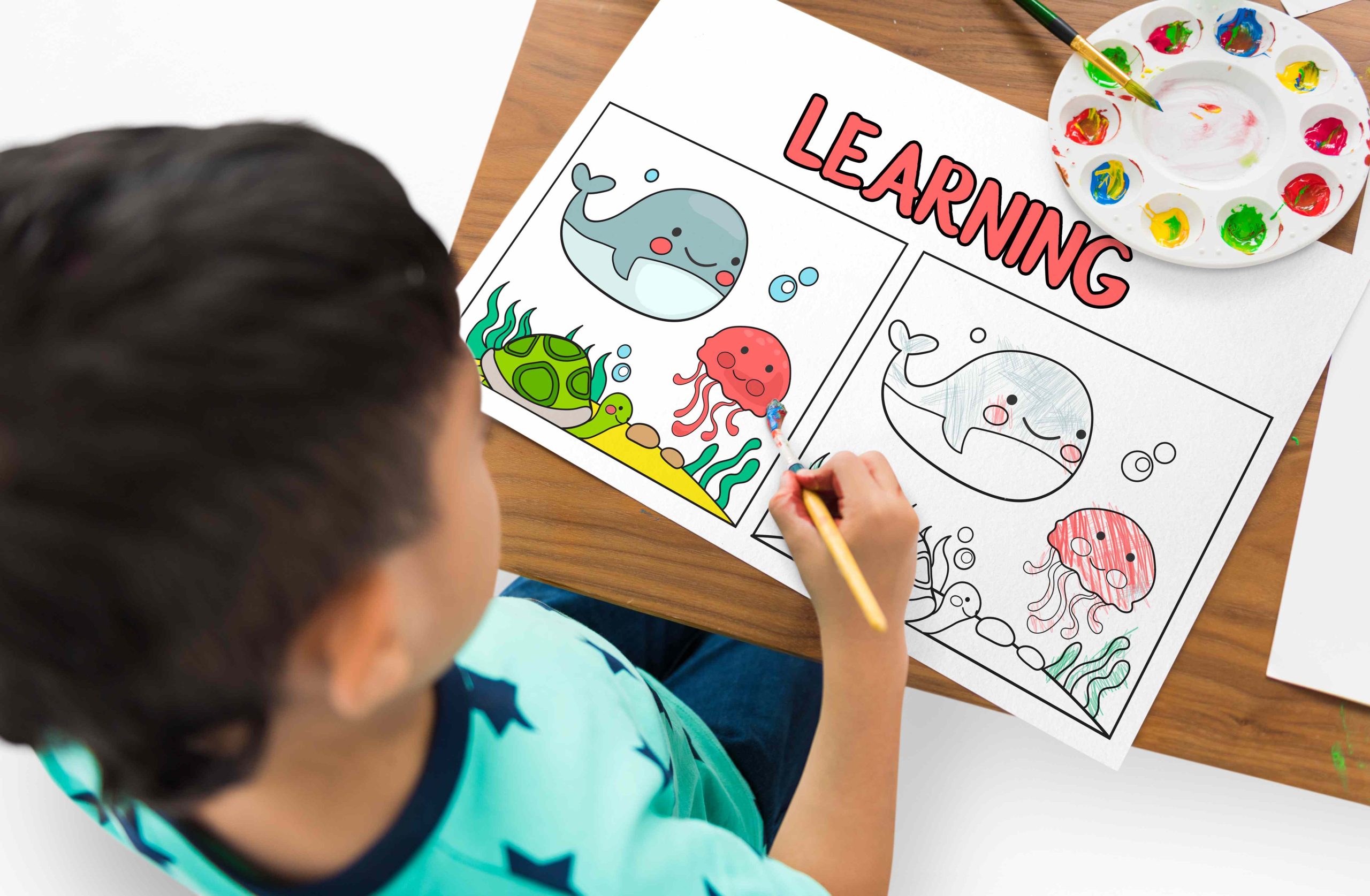
Unlocking the Potential of Preschoolers through Multiple Intelligences: A Self-Reflection
Research has shown that preschoolers often excel in various areas beyond traditional academic subjects. By recognizing and nurturing these different types of intelligence, we can create a more inclusive and effective learning environment.
Understanding Multiple Intelligences
In 1983, psychologist Howard Gardner proposed the theory of multiple intelligences. He suggested that there are eight types of intelligence beyond traditional IQ:
- Linguistic
- Logical-mathematical
- Spatial
- Bodily-kinesthetic
- Musical
- Interpersonal
- Intrapersonal
- Naturalistic
Each preschooler possesses a unique combination of these intelligences, emphasizing the importance of recognizing and nurturing individual strengths.
Implications for the Preschool Learning Process
Recognizing and nurturing different intelligences involves incorporating a variety of activities and teaching methods. This approach fosters engagement and inclusivity, ensuring all preschoolers have the opportunity to excel.
Catering to Different Types of Intelligence
As educators and parents, it’s crucial to reflect on our teaching methods and the activities we provide for preschoolers. Are we catering to different types of intelligence, or are we mainly focused on traditional academic subjects? Providing enough opportunities for preschoolers to develop their strengths and explore their interests is essential. Additionally, supporting preschoolers who may be struggling in certain areas and providing them with opportunities to develop skills in other areas is vital.
By reflecting on these questions, we can ensure that we are creating a more inclusive and effective learning environment for preschoolers. Collaborating with other educators and parents can also help share ideas and resources for incorporating different types of intelligence into the preschool learning process.
Supporting Preschoolers with Different Types of Intelligence
Recognizing and nurturing different types of intelligence can also be helpful when supporting preschoolers who may be struggling in certain areas. For example, a preschooler who is struggling with reading and writing may be stronger in spatial intelligence. Incorporating more activities that cater to their spatial intelligence, such as drawing and building, can provide them with opportunities to develop their strengths and boost their confidence.
Similarly, a preschooler who may struggle with social interactions may have strengths in intrapersonal intelligence. Providing opportunities for self-reflection and self-expression, such as through journaling or creative writing, can support their emotional development and help them develop a better understanding of their own thoughts and feelings.
Recognizing and nurturing different types of intelligence is essential for unlocking the full potential of preschoolers. By incorporating a variety of activities and teaching methods that cater to different types of intelligence, we can create a more engaging and effective learning experience for preschoolers. Ensuring that all preschoolers have the opportunity to excel in some area fosters a more inclusive learning environment.
Multiple Intelligences in Practice
The theory of multiple intelligences has practical implications for preschool educators. Incorporating a variety of activities and teaching methods that cater to different types of intelligence can create a more engaging and effective learning experience for preschoolers.
Here are some examples of how educators can incorporate multiple intelligences into their teaching practices:
- Linguistic Intelligence: Storytelling and discussions
- Logical-Mathematical Intelligence: Problem-solving and games
- Spatial Intelligence: Art and building activities
- Bodily-Kinesthetic Intelligence: Movement and dance activities
- Musical Intelligence: Music and singing activities
- Interpersonal Intelligence: Group activities and collaboration
- Intrapersonal Intelligence: Self-reflection activities
By incorporating these activities into their teaching practices, educators can create a more inclusive and engaging learning environment for preschoolers, supporting the development of their full potential.
Self-Reflection for Educators
In addition to supporting preschoolers in developing their full potential, the theory of multiple intelligences also has implications for educator self-reflection.
For example, educators may unconsciously favor activities that involve their own strengths, even if these activities may not appeal to preschoolers with different types of intelligence.
Practical Applications of Multiple Intelligences in Preschool Education
The theory of multiple intelligences suggests that individuals possess different types of intelligence, which can be nurtured and developed through various activities and experiences. In preschool education,


